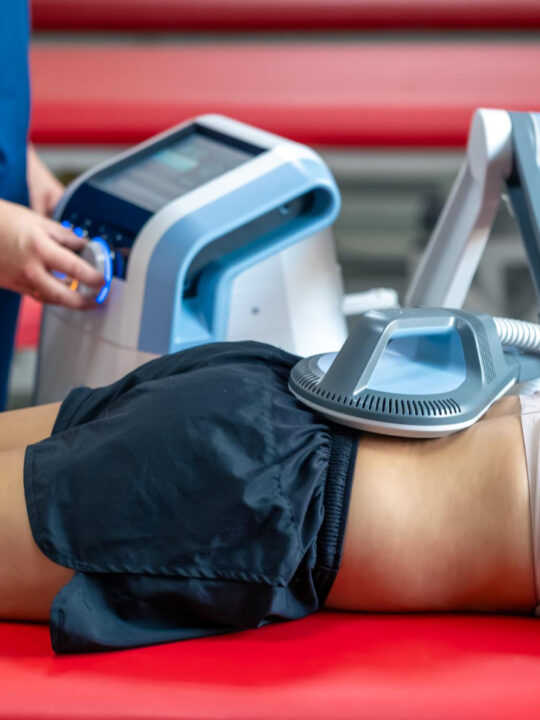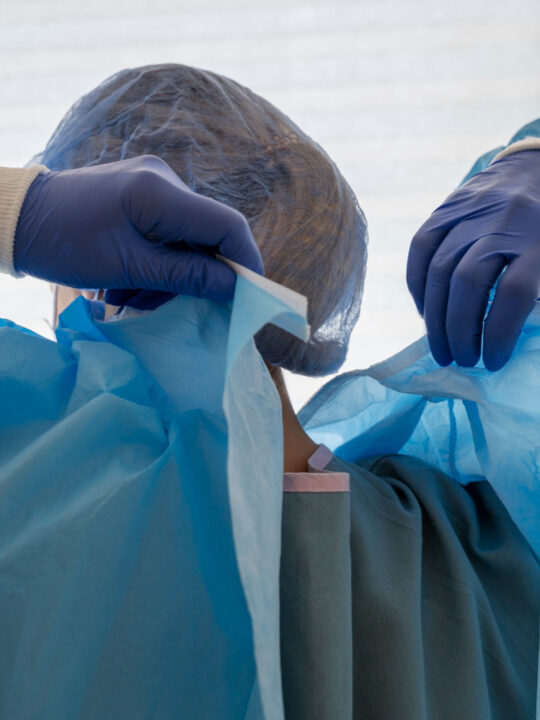
Chlamydia is a sexually transmitted infection (STI) caused by bacteria. Since the signs and symptoms of chlamydia often do not become apparent for quite some time, you may not know you are infected until the condition has become serious. Both males and females of all ages can be infected with chlamydia, and it is estimated that 3 to 4 percent of the world’s population is affected by the condition.
However, this infection is not hard to prevent and even treat. Once you know you are infected, it is advisable to seek medical attention right away. Chlamydia might cause several advanced health complications if left untreated for an extended duration.
Table of Contents
Symptoms of Chlamydia
In its early stages, Chlamydia trachomatis might manifest few or no symptoms. Most victims encounter some signs at least two weeks after being exposed to chlamydia-causing bacteria. The signs and symptoms manifest later after infection, but they are mild and, therefore, easy to ignore.
The common signs and symptoms of chlamydia include:
- Lower abdominal pain
- Testicular pain in men
- Painful urination
- Discharge from penis in men
- Bleeding after sex and between periods in women
- Vaginal discharge in women
- Painful sexual intercourse in women
Chlamydia can infect the rectum. Even in this case, there might be zero signs and symptoms. If there is any, you will encounter rectal pain, bleeding, or discharge. Some victims also experience Chlamydial eye infections, caused by contact with infected secretions from peers.
Causes of Chlamydia
Chlamydia is caused by the Chlamydia trachomatis bacterium. The infection is usually spread through oral, vaginal, or anal sex. During delivery, a child can contract chlamydia from their mother. This might lead to pneumonia or chronic eye infections in their infants.
What are the Risk Factors?
Some factors might increase the chances of contracting chlamydia. Some of them are listed below:
- Multiple sex partners within a year
- History of sexually transmitted infection
- Being overly sexually active before the age of 25
- Frequently having unprotected sex
How to Prevent Chlamydia
The only 100% sure way to prevent chlamydia is to abstain from sex. Other than that, you can:
- Always use protection
Either use a female polyurethane condom or male latex condom whenever having sex. By using a condom correctly every time you have sex, you can greatly reduce the risk of contracting chlamydia. However, a condom does not guarantee 100% protection.
- Consider regular screening
This is another good idea, especially if you are sexually active. If you have multiple sex partners, you can discuss with your health expert about how frequently you need to be screened for chlamydia. You also need to receive regular screening for other sexually transmitted infections.
- Douching might not be good for you
Douching is not a good idea. It reduces the number of good bacteria in the vagina, leading to an increased risk of bacterial infections.
Chlamydia Treatment
Once you are diagnosed with chlamydia, your health practitioner will prescribe antibiotics. There are a few antibiotics used to treat chlamydia, with the most common being azithromycin and doxycycline. In some cases, you may be asked to take doxycycline twice for between 7 and 14 days. The same chlamydia treatment is used for patients who are also HIV positive.
Conclusion
To stay safe, at least make sure that you are screened for chlamydia every three months. If you are diagnosed with the infection, make sure to seek treatment right away. The symptoms might be there, but they are easy to overlook, which is why you should rely on medical procedures put in place to help you know your chlamydia status.







